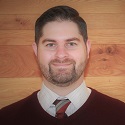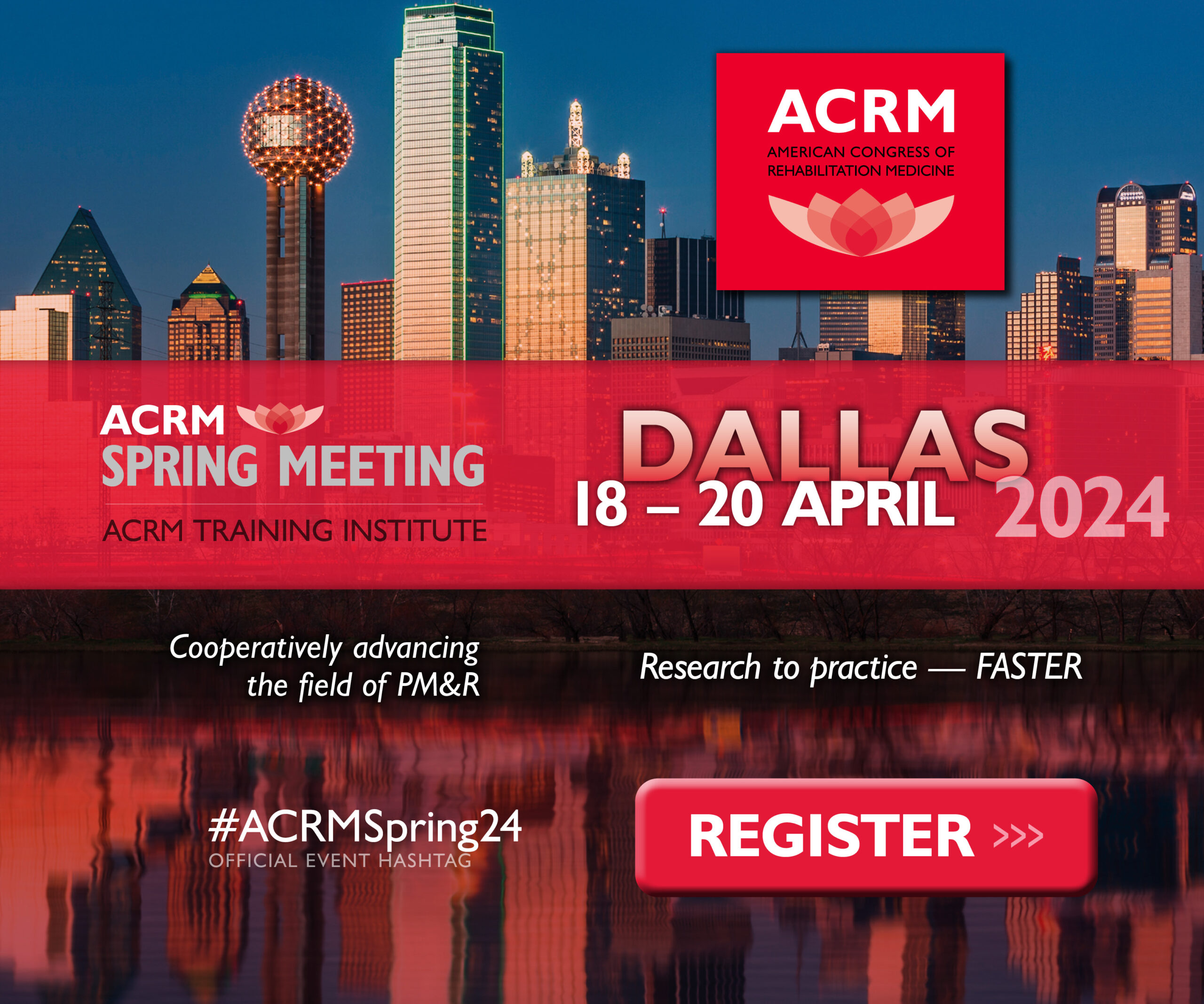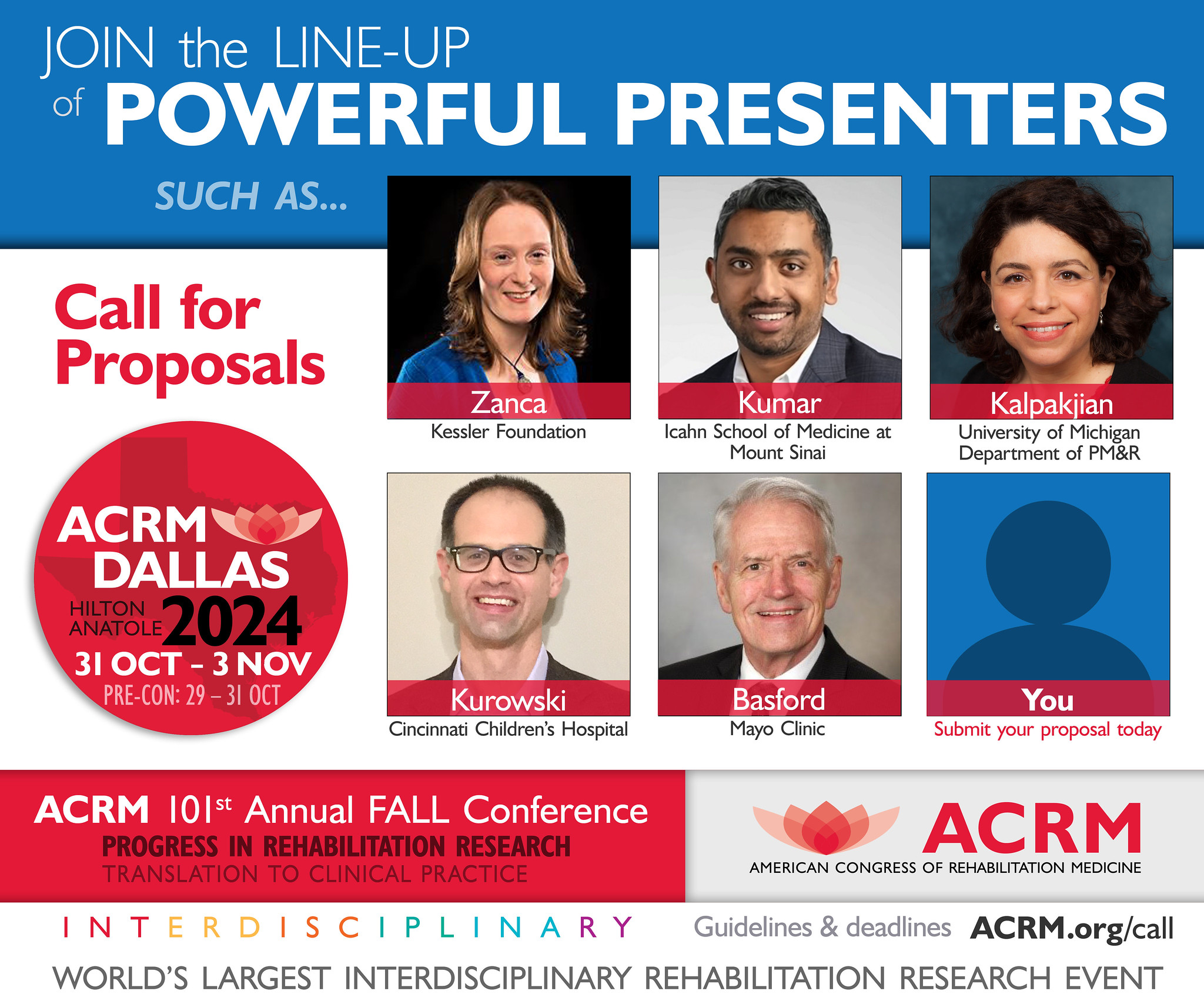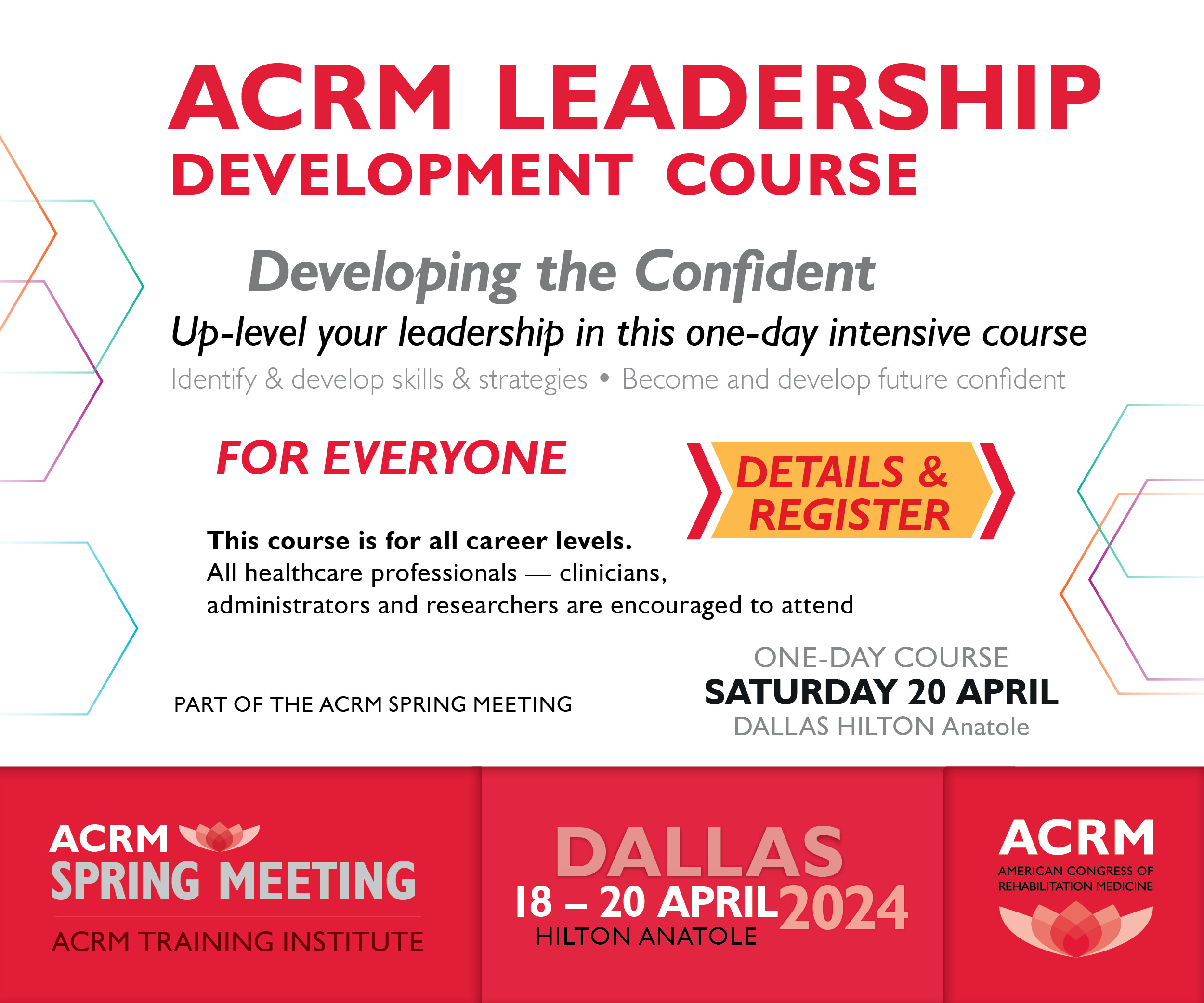RESEARCH SPOTLIGHT: Dr. Jared Gollie
 Jared M. Gollie, PhD, CSCS
Jared M. Gollie, PhD, CSCS
Adjunct Faculty, Department of Health,
Human Function and Rehabilitation Sciences
George Washington University
School of Medicine & Health Sciences
Q. What’s your current research focus or area you are most excited about?
A: My current research focus centers around understanding the complexities of performance fatigability and perceived fatigability, and their impact on human performance.
Q. What prompted/motivated you to choose that area?
A: My interests in the optimization of human performance through physical exercise developed during my experiences in sport. Throughout my athletic career I was exposed to a variety of different training methodologies which has influenced how I view exercise for the purposes of improving human function. I became interested in the phenomenon of fatigability during my time as a doctoral student where I had the chance to help design and examine the effects of an overground locomotor training intervention in people with chronic motor-incomplete spinal cord injury on fatigability and walking performance. My research as a doctoral student has carried over into my post-doctoral training where I am currently studying the effects of accentuated-eccentric resistance exercise on fatigability and physical function in Veterans with chronic kidney disease. I feel this line of research holds important clinical implications as many clinical populations experience excessive fatigability and compromised physical function.
Q. Briefly, what path did you take to get there? Or what is your career trajectory/long-term goal?
A: After completing my undergraduate in Exercise Science, I was hired as a Sports Performance Coach and later promoted to Sports Performance Director, where I specialized in enhancing physiological capacities, speed development, and sport-specific training for athletes of all ages, sports, and levels. I have always maintained a curiosity for understanding human physiology and human performance.
During my time as a performance director, I pursued a Master of Science degree in Exercise Science at East Stroudsburg University where I studied the effects of variations in external loading perturbations on lower extremity kinetics during jumping. It was my research experiences as a graduate student where I developed a strong interest in the scientific method and its application to exercise interventions. This led me to continue my academic training at George Mason University where I completed my PhD in Rehabilitation Science.
Currently, I am a post-doctoral research fellow at the Washington DC VA Medical Center where I am expanding my technical skill set to include diagnostic ultrasound for assessing skeletal muscle health and involved in studies assessing sarcopenia in aging Veterans and Veterans with chronic kidney disease in addition to my fellowship project studying the effects of accentuated-eccentric resistance exercise on fatigability and physical function in Veterans with chronic kidney disease.
Q. What barriers or facilitators did you encounter along the way? If a barrier, how did you overcome that barrier?
A: The main barriers I experienced were knowing what line of research I wanted to pursue and finding a program that was the right fit in a location that was conducive for my needs. In order to overcome these barriers, I was willing to compromise on the institutions I applied to as well as being more open minded regarding the types of research I would pursue. Luckily, even though I was open minded throughout the process, I was able to find a great program that was the right fit for both my personal and professional needs. Things have a way of working themselves out, so try to stay the course as best as possible.
Q. Did you have any pivotal experience that propelled your research success?
A: Hard work, the ability to work well in a team setting and collaborate with others. I think these skills have played a major role in my research success as none of my accomplishments happened without the help of others. Many people who have helped me at each step of the way and continue to help and mentor me currently.
Q. Advice for young scientists. Words of wisdom.
A: Focus on continuously improving all aspects of yourself. Be consistent in everything you do and hold yourself and others accountable. In addition, always seek out help and information from others. Value yourself and what you bring to a team. Lastly, and most importantly, find ways to ensure a work-life balance.










